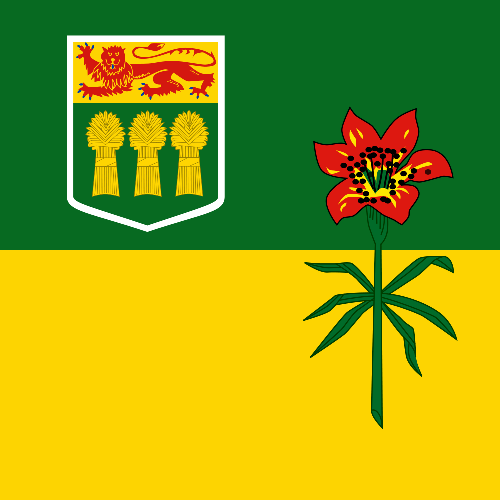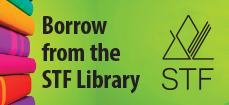Assess the impact of citizens' willingness and ability to actively engage in the Canadian political processes.
| (a) |
Present the reasons community members have chosen to run for office or to accept a leadership appointment (e.g., student representative council member; municipal or band council member; Member of the Legislative Assembly; school board member; health board member; community service organization leader). |
| (b) |
Describe examples of legislation or policy at a variety of governance levels (federal, provincial, First Nation, or Métis) which were initiated, modified, or rejected as a result of public pressure. |
| (c) |
Review the website of a provincial or federal political party, and propose and justify a redesign of the website in order to engage adolescents in political activity. |
| (d) |
Investigate the political involvement of community members, including why people choose to vote or not vote, and why people choose to join or not join a political party. |
| (e) |
Articulate the reasons a person would get involved in the Canadian political system and the possible actions which might be taken (e.g., lobby Members of Parliament, hold elected members accountable, work for a political party, be informed). |
| (f) |
Analyse the obstacles to political involvement (e.g., language, culture, disability, socio-economic status, gender, time constraints, apathy). |
| (g) |
Propose avenues for people to individually and collectively influence the Canadian political system (e.g., voting, civil disobedience, participation in political parties, labour organizations, non-governmental organizations). |
| (h) |
Speculate about the characteristics of the school or community environment without the involvement of people in its leadership and decision-making processes (e.g., What if no one runs for student council office; no one participates in SRC planned events; no one runs for local government office; no one belongs to community organizations). |
| (i) |
Research and report on the consequences of the non-engagement in the electoral process (e.g., 1932 German election). |
| (j) |
Construct an action plan for his or her personal involvement in the Canadian political system. |












A table of contents and a listing of suggested resources is included.







- Saskatchewan Social Studies 8. Teacher Resource with CD

